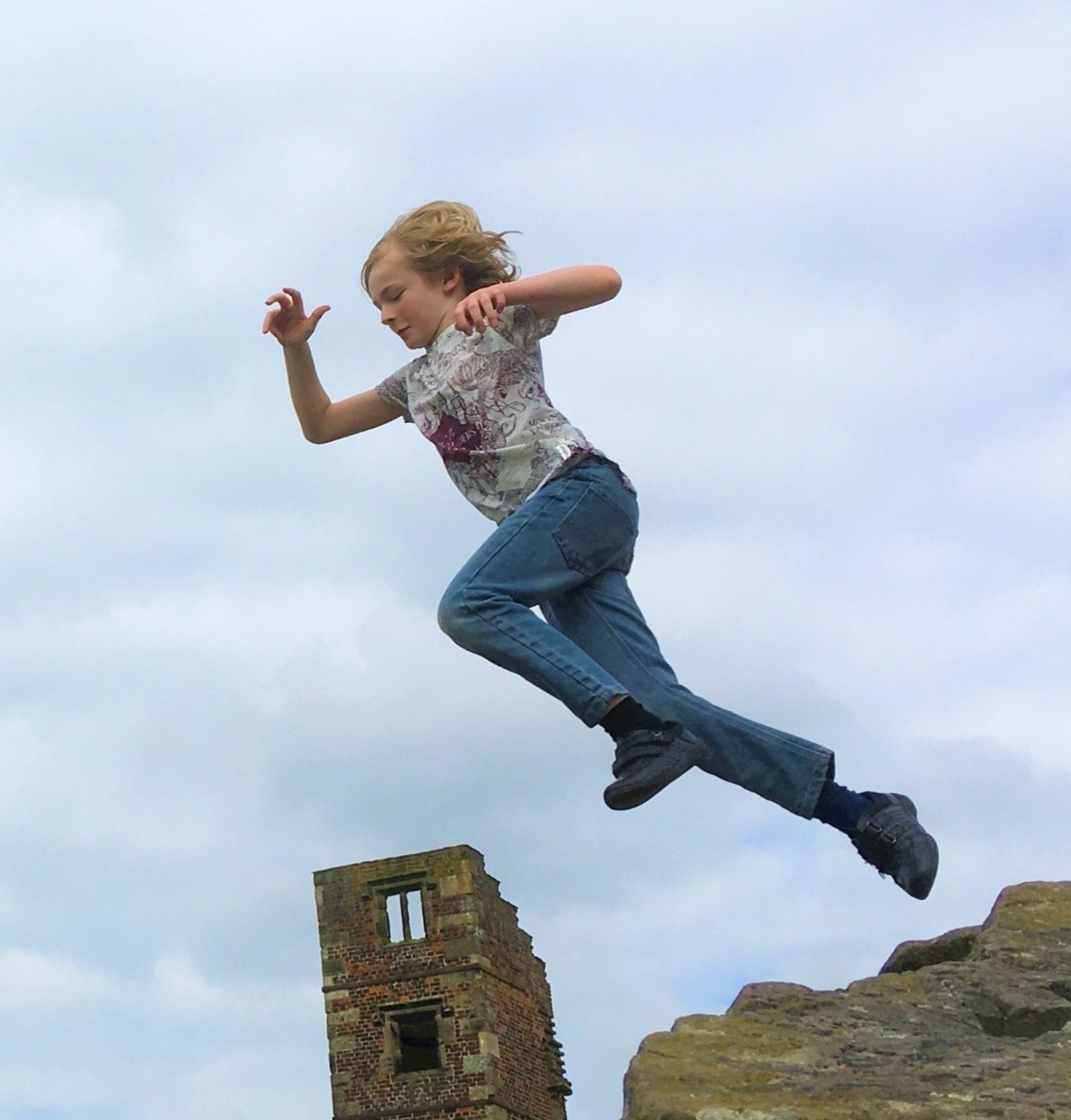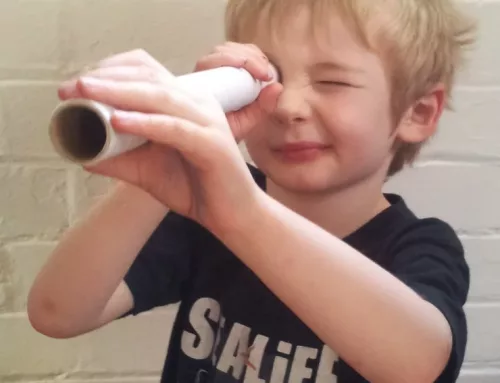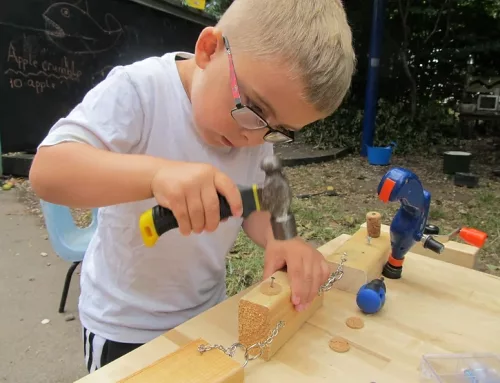Play Helps Children Survive as Adults

The neuroscientist Jaak Panksepp posed an interesting question.
“If play is frivolous and serves no purpose, why has that behaviour not died out over thousands of years of evolution?
Presumably a playing child would be more inattentive to predators? Why then do all mammals “play” despite this behaviour being potentially life-threatening?”
The answer Jaak came up with is fascinating. The only reason Play has survived in the primitive mammalian brain is that it must somehow be so vital to the eventual survival of that mammal that it has remained as an ingrained behaviour across countless generations despite its obvious draw-backs.
Every time a child jumps, or runs or skips they minutely increase the bone density in their limbs meaning they will have stronger bones in adult life. For primitive humans (and all mammals), stronger bones equated to an increased chance of survival in adult life. Every time a child has a tickle fight, rolls around the floor or climbs stuff they build their physical strength, their balance and their dexterity, all vital survival traits for a prehistoric world. Every aspect of a child’s physical survival potential is trained for and developed through play, from their cardiovascular strength and three dimensional spatial awareness to their adrenal response systems and immune system. But we don’t live in a prehistoric world so surely these physical survival traits have less value? True, we are no longer evading rampaging cave bears (sounds like a Saturday night in town?) but those same behaviours that prepared children to become strong healthy adults 100,000 years ago will help them become strong, healthy adults today and help prevent conditions such as obesity, type 2 diabetes, osteoporosis and heart disease.
The frightening fact is that we believe the current generation of children will be the first generation in recent history for whom life expectancy will decrease rather than increase as a direct result of the decline in these play behaviours.
For play deprived children the lack of these fundamental, instinctive play behaviours can cause health issues right into adulthood and crucially lower their life expectancy. The average screen time in this country is now over 6 hrs per day for children. Many children do not always have opportunities for simple play activities at home or school meaning that school, nursery or out of school provision could potentially be the only environment in a child’s whole life where they are supported to simply play. There is compelling evidence to suggest that these moments of play do more for a child’s development and well-being than anything else they ever do.
As a final bit of evidence – Jaak Panksepp’s experiments with rats have demonstrated that rats who engage in lots of play thrive and survive whereas rats who have been prevented from playing simply don’t!

In part two of this blog we discuss Benefit 2 – Play is the key criteria for healthy brain growth! (including the role of play in building neurological structures for higher academic learning such as reading writing and maths.)
For more information on Inspired Children click HERE or to access our huge range of training for Schools, Nurseries and Out of School settings please click HERE.





Leave A Comment